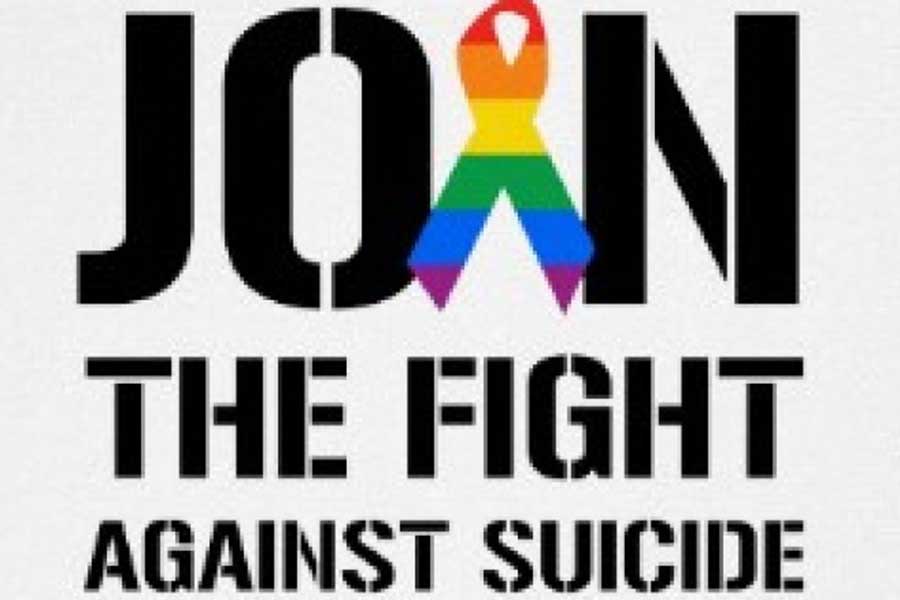Mazzoni Center hosted a “More Than Sad” workshop to address the increasingly urgent need for LGBTQ-specific data to be collected and included in suicide-prevention research.
The Centers for Disease Control and Prevention reported in 2016 that suicide is the 10th-leading cause of death in the United States and one of three leading causes on the rise. The CDC also reported the same year that LGBTQ youth were almost five times as likely to have attempted suicide compared with heterosexual youth.
The three-hour workshop June 16 was open to the public and sponsored by the American Foundation for Suicide Prevention to increase teachers’ and parents’ knowledge and understanding of suicidal behavior in young people.
Tia Sharpe, LGBTQ outreach coordinator at the AFSP, cited an immediate need for LGBTQ-specific programming within the agency.
“Data isn’t being collected that is specific to gender-identity and sexual orientation when it comes to suicide-prevention research,” Sharpe said. “Current suicide and prevention trainings aren’t focusing enough on the gender spectrum and the sexual-orientation spectrum. There’s not even a mention of the nonbinary community. That’s a very high-risk population within the community and we need more prevention education for trans and gender-nonconforming people.”
Shelly Leaphart-Williams, training coordinator and speaker for the AFSP, said that the agency training is more general and that it is expanding its research on suicide prevention.
“The current training materials are generalized and not very specific to every identity. In the last year, the foundation has conducted more research to update the material to be more reflective of today’s youth,” Leaphart-Williams said. “There is a delay in research because there are so many populations that need to be accounted for. We’re working to collect data from more specific populations so that our prevention methods are more accurate.”
Mazzoni Center education director Elizabeth Khan said that collecting more data from LGBTQ youth could save more lives.
“This content is extremely important. It would be even more helpful if the information was more intentional with addressing LGBTQ youth experiences with suicide and suicide attempts,” she said. “The research should be more inclusive to the community because it paints a bigger, more nuanced picture of why these young people have suicidal thoughts and ideation.”
The workshop is an extension of Mazzoni Center’s annual Trans Wellness Conference, taking place Aug. 2-4. The training is focused on risk factors for teen suicide, including mental-health conditions such as depression, bipolar disorder and eating disorders, among others.
